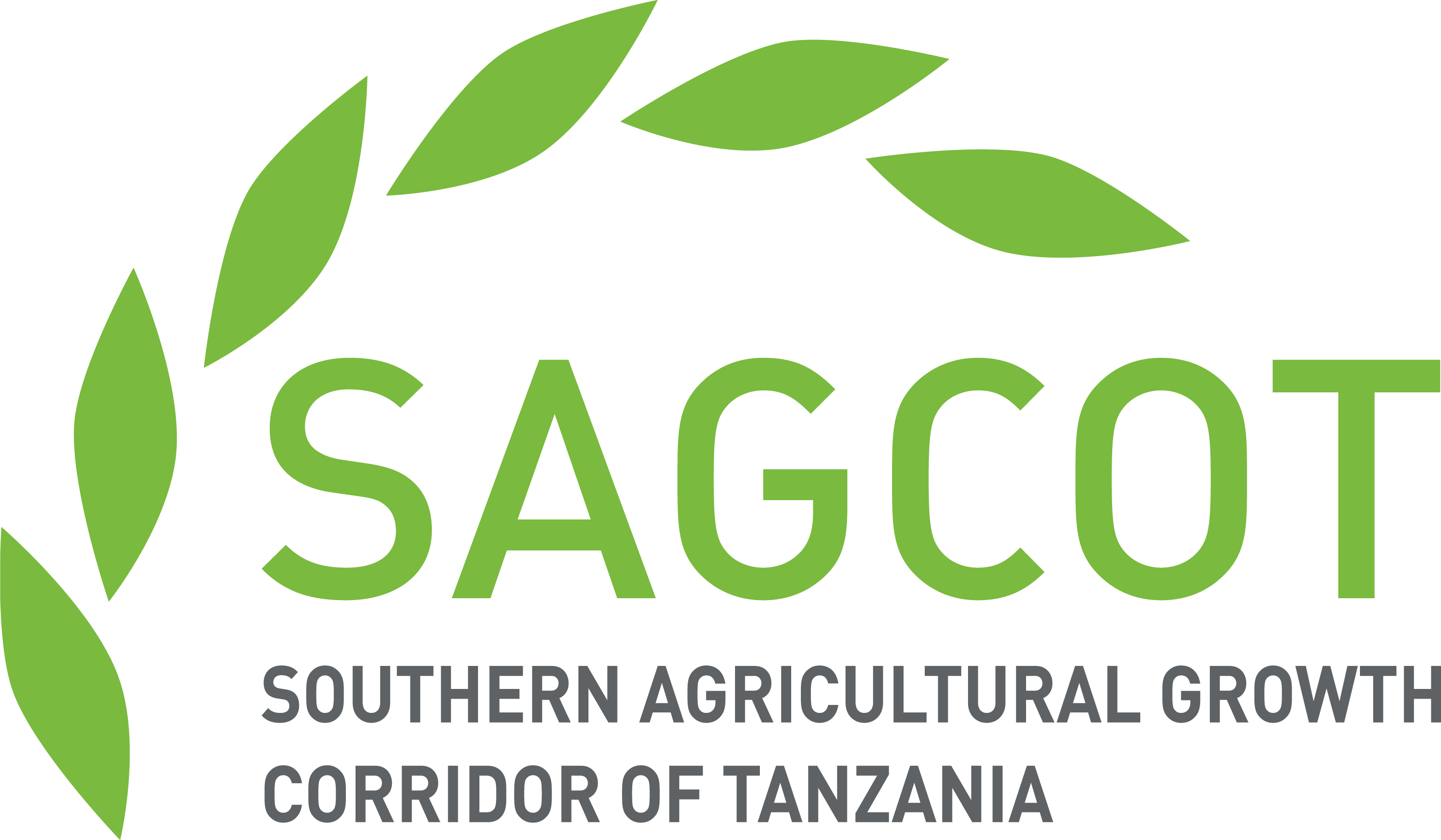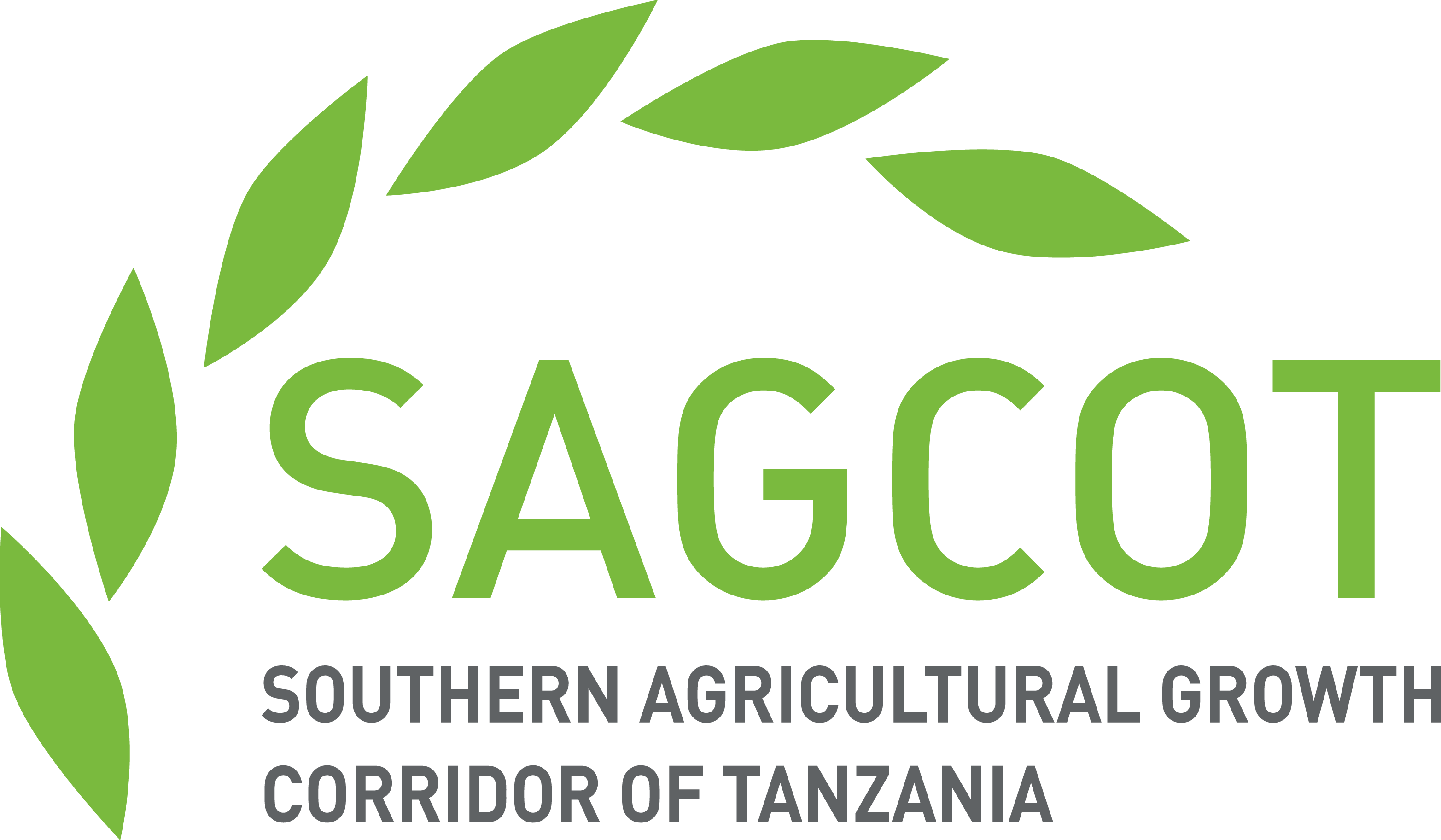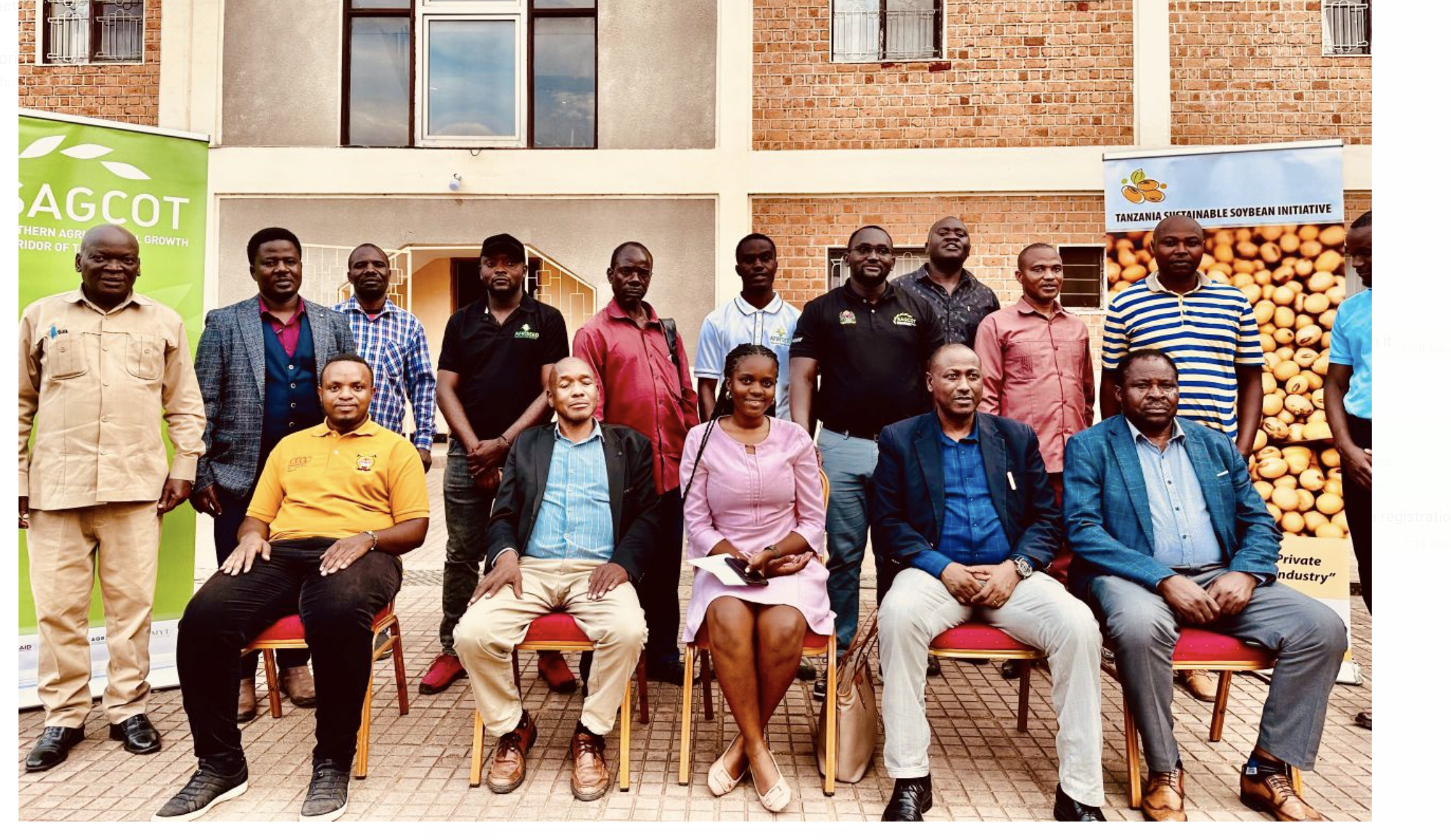Rukwa, November 20, 2024 – Under the framework of the SAGCOT-driven Tanzania Sustainable Soybean Initiative (TSSI), stakeholders in Rukwa convened to strategize on positioning the region as a national hub for soybean production. With its rich agricultural resources, Rukwa holds immense potential to spearhead the transformation of Tanzania’s soybean sector, and this meeting marked a significant step in realizing that vision.
Collaboration at the Heart of Progress
The event brought together key players in the soybean value chain, including government officials, private sector representatives, researchers, and farmers. These diverse stakeholders deliberated on strategies to boost soybean productivity, improve market access, and enhance value addition within the region. The initiative aims to create a sustainable, inclusive, and competitive soybean industry by fostering strong partnerships.
The meeting featured a diverse group of stakeholders committed to advancing soybean production in Rukwa. Key attendees included Geoffrey Nyigo, Regional Trade Officer from the Rukwa Regional Secretariat; Ocrani Chengula, Regional Agricultural Advisor from the Rukwa Regional Secretariat; Felician Mark, Veterinary Manager at Harsho Co. Ltd; Shabani Bahali, District Agriculture Officer from Sumbawanga District Council; Nicholaus Mringo, District Agriculture, Livestock, and Fisheries Officer from Kalambo District Council; Ladislaus Mzelela, District Agricultural, Livestock, and Fisheries Officer from Nkasi District Council; and Erasto Mwasomola, Senior Agriculture Officer from Kalambo District Council. Representing SAGCOT were Dorien Rutta, Project Implementer; Abdallah Hamadi, Mbarali Cluster & Partnership Specialist at SAGCOT; and Abdallah Msambachi, Project Manager for TSSI.
Representatives from private entities such as Harsho Co. Ltd, Afriseed Co. Ltd, the Southern Highlands Agricultural Unit, and Triple S Co. Ltd also made notable contributions. Their involvement highlights the critical role of the private sector in driving innovation and investment in soybean cultivation. Support from the Rukwa Regional Office, COPRA, and the Ufipa Cooperative Union was central to the meeting’s success. These institutions have provided technical expertise, facilitated stakeholder engagement, and ensured the adoption of best practices within the sector.
Addressing Challenges in Soybean Production
The discussions identified key challenges hindering soybean production in Rukwa, including limited access to high-quality inputs such as seeds and fertilizers, inadequate extension services for farmers, and fluctuating market prices. To address these issues, stakeholders emphasized the importance of targeted interventions such as introducing resilient seed varieties, establishing improved storage facilities, and implementing capacity-building programs to empower farmers.
The meeting also highlighted the significance of promoting gender inclusion and youth participation in the soybean value chain to foster a more equitable agricultural economy. Initiatives under TSSI aim to empower marginalized groups and ensure that the benefits of soybean production are shared across communities.
Rukwa’s Leading Role in Soybean Production
Rukwa Region is a leader in Tanzania’s soybean sector due to its significant potential and contributions to the soybean value chain. According to the baseline report under the TSSI, Rukwa boasts the largest average farm size among soybean-growing households at nine hectares, a figure substantially higher than in other regions in the Southern Highlands. Furthermore, the average soybean planted area in Rukwa is 0.81 hectares, or two acres, per household, which also leads among regions. The region has demonstrated exceptional production outputs, with an average yield of 1.615 metric tonnes per household, the highest among surveyed regions. These achievements reflect Rukwa’s ability to adopt improved farming practices supported by access to agricultural inputs and technologies.




